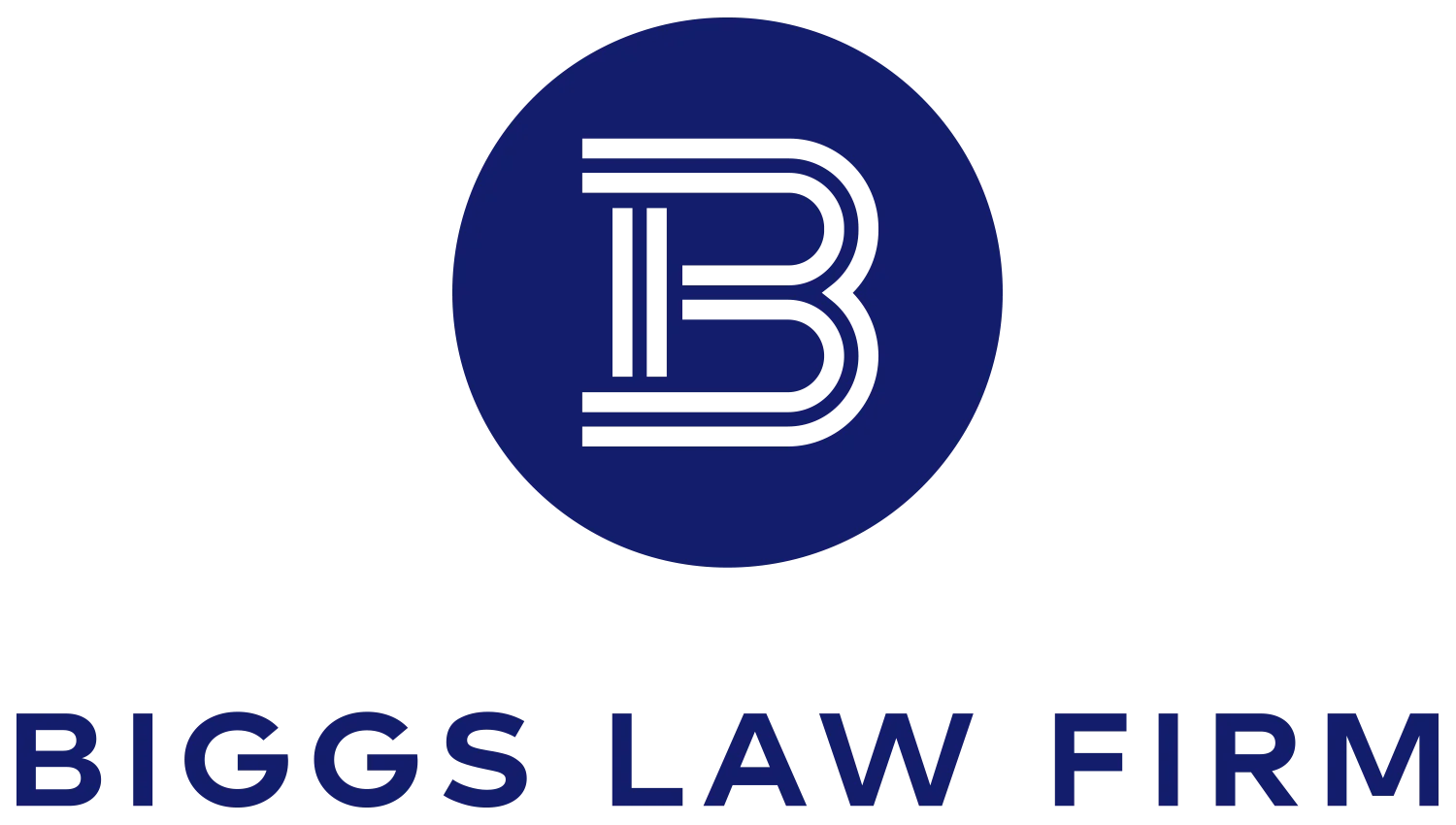Protecting Your North Carolina Home During Bankruptcy
For many North Carolinians facing financial hardship, their home represents not just their largest financial asset, but also stability and security for themselves and their families. One of the most common concerns we hear from clients considering bankruptcy is, “Will I lose my house?”
The good news is that in most cases, you can keep your North Carolina home when filing for bankruptcy. With North Carolina’s homestead exemption and the right legal guidance, bankruptcy protections can help you maintain homeownership while addressing your financial challenges.
Bankruptcy laws are designed not to strip you of everything you own, but rather to help you achieve a fresh financial start while maintaining essential assets. At Biggs Law Firm, we’ve guided numerous homeowners through the bankruptcy process while helping them protect their primary residences.
Understanding North Carolina’s Homestead Exemption
North Carolina law provides significant protection for your primary residence through what’s called the “homestead exemption.” This legal provision allows bankruptcy filers to protect a certain amount of equity in their homes from creditors.
What is Home Equity?
Before discussing exemptions, it’s important to understand equity. Simply put, your home equity is:
Home Equity = Current Market Value of Your Home – Outstanding Mortgage Balance
For example, if your home is worth $300,000 and you owe $200,000 on your mortgage, you have $100,000 in equity.
North Carolina’s Homestead Exemption Amount
As of 2025, North Carolina law allows you to exempt up to $35,000 in home equity ($70,000 for couples filing jointly who are both on the deed) through the standard homestead exemption. This means creditors cannot force the sale of your home to satisfy debts if your equity falls within these limits.
Additionally, if you’re 65 or older and your spouse who you owned the home with is deceased, , you may be able to protect up to $60,000 in equity.
How Different Bankruptcy Chapters Affect Your Home
Chapter 7 Bankruptcy and Your Home
In Chapter 7 bankruptcy, whether you can keep your home depends primarily on:
- If you’re current on mortgage payments: You must stay current on your mortgage to keep your home.
- How much equity you have: If your equity is less than the exemption amount, you’re generally able to keep your home.
- Your ability to continue making payments: You must demonstrate the ability to maintain future mortgage payments.
If your home equity exceeds the exemption amount, a Chapter 7 bankruptcy might not be the best option for protecting your home. In such cases, Chapter 13 bankruptcy often provides better protection.
Chapter 13 Bankruptcy and Your Home
Chapter 13 bankruptcy creates a structured repayment plan over 3-5 years and offers additional ways to protect your home:
- Catching up on mortgage arrears: You can include past-due mortgage payments in your repayment plan, giving you time to catch up without the threat of foreclosure.
- Lien stripping: In some cases, second or third mortgages can be “stripped” and treated as unsecured debt if your home is worth less than the primary mortgage.
- Higher equity protection: Even if your equity exceeds the exemption amount, you may keep your home by paying the non-exempt portion through your repayment plan.
Strategies for Protecting Your North Carolina Home During Bankruptcy
1. File Before Foreclosure Proceedings Begin
The automatic stay that comes with bankruptcy filing immediately stops foreclosure proceedings. By filing before your lender initiates foreclosure, you gain valuable time and leverage to work out solutions.
2. Consider Chapter 13 for High Equity or Mortgage Arrears
If you have significant equity in your home or are behind on mortgage payments, Chapter 13 bankruptcy typically offers better protection than Chapter 7.
3. Be Cautious About Recent Home Equity Loans
Taking out home equity loans shortly before filing bankruptcy may be viewed as an attempt to convert non-exempt assets to exempt ones. This could be considered fraud and might result in losing both the money and possibly the exemption itself.
4. Maintain Mortgage Payments During Bankruptcy
Even with bankruptcy protection, failing to make ongoing mortgage payments can still result in foreclosure. Prioritize these payments to ensure long-term homeownership.
5. Consider Mortgage Modification
Many lenders offer modification programs that can reduce your monthly payment. These can sometimes be pursued simultaneously with bankruptcy proceedings.
Common Myths About Homes and Bankruptcy
Myth 1: “Filing bankruptcy means I’ll automatically lose my home.”
Reality: With proper planning and the right chapter choice, most North Carolina homeowners can keep their homes through bankruptcy.
Myth 2: “I can’t get a mortgage after bankruptcy.”
Reality: While bankruptcy affects your credit score, many former bankruptcy filers qualify for mortgages within 2-4 years after discharge.
Myth 3: “If I’m behind on payments, there’s no way to save my home.”
Reality: Chapter 13 bankruptcy specifically addresses this situation by allowing you to catch up on arrears over time.
Myth 4: “I should transfer my house to a family member before filing.”
Reality: This can be considered fraudulent and may result in serious consequences, including potential criminal charges. Always consult with knowledgeable legal counsel before making any property transfers.
Taking the Next Step
At Biggs Law Firm, we’ve helped numerous North Carolina homeowners find their path through financial challenges while keeping their homes. We understand that your home represents more than just a financial asset – it’s where your life happens.
If you’re facing financial difficulties and concerned about keeping your home, we invite you to schedule a consultation with our knowledgeable legal team. We’ll listen to your unique circumstances, explain your options in clear language, and help you determine the best path forward. Contact Biggs Law Firm today at (919) 375-8040 to take the first step toward financial stability without sacrificing your home.
Start The Process Today
Schedule your consultation with one of our experienced attorneys.
